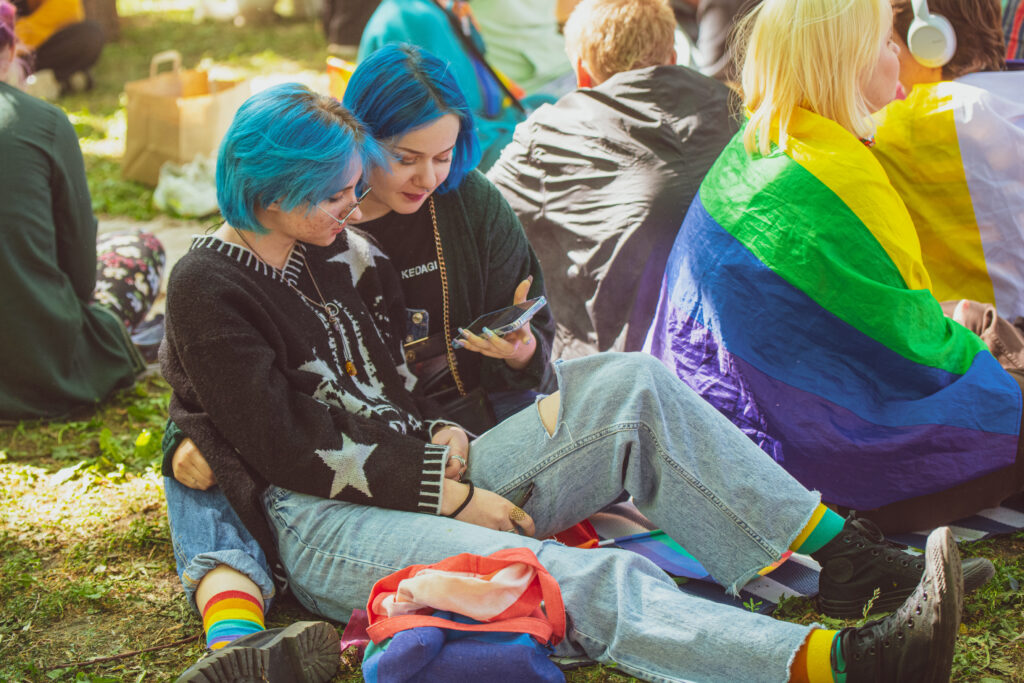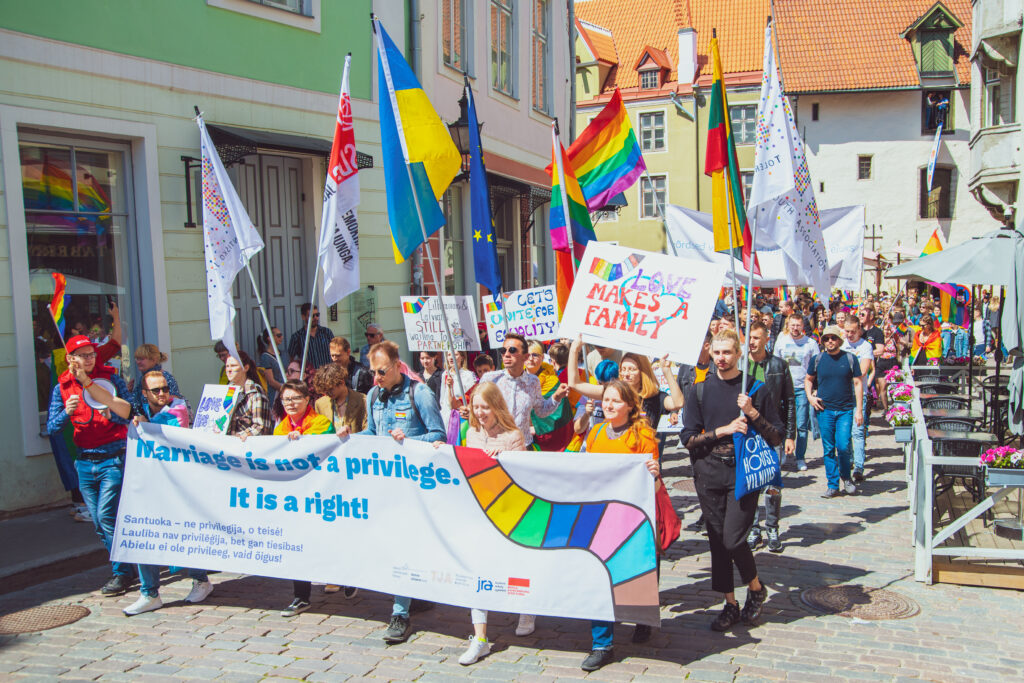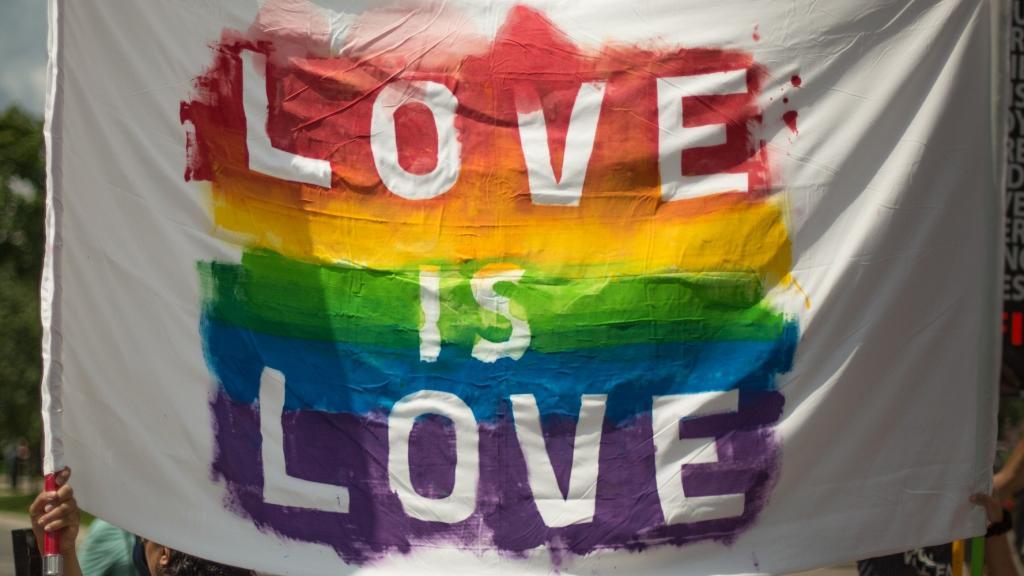The Estonian parliament on 20 June passed an act that allows two adults to marry regardless of their gender, effectively legalising equal marriage from 1 January 2024 onwards; Estonia is the first of the formerly Soviet-occupied countries to legalise equal marriage.
55 MPs voted in favour of and 34 voted against passing the Act on Amendments to the Family Law Act and Amendments to Other Associated Acts, initiated by the Estonian government.
In addition to marriage, the possibility of concluding a cohabitation contract will remain, and according to the act, registered partners will be able to make a simplified transition to marriage.
The act will specify the regulation on filiation in the Family Law Act in connection with same-sex couples’ right to adopt. Same-sex spouses will get the right to adopt together through marriage equality. A spouse of the same sex will be able to adopt their spouse’s child with the consent of the biological parent of the child.
Biological parents’ rights and obligations will remain
The act sets out the principle that a child may not have more than two parents. The principle that in particular the biological parents have the rights and obligations relating to the child will be maintained. The female spouse of the mother will have the relationship of filiation with the child when she grants her consent to the artificial insemination of the mother.
When making amendments to the bill before the second reading, the government took into account the proposals of the Estonian Centre Party in order to set out more clearly in all acts the principle that the second parent next to the mother is still first and foremost the father.

The act will adopt the amendments enabling to realise to the full extent in practice the rights and obligations arising from the Registered Partnership Act (that allowed same-sex couples to legally register their partnership) adopted in 2014. The rights and obligations arising directly from registered partnership contract will not change. It will be possible for a registered partner to adopt only their registered partner’s child.
“Everyone should have the right to marry the person they love and want to commit to. With this decision we are finally stepping among other Nordic countries as well as all the rest of the democratic countries in the world where marriage equality has been granted,” the Estonian prime minister, Kaja Kallas, said in a statement.
An elementary thing
“This is a decision that does not take anything away from anyone but gives something important to many. It also shows that our society is caring and respectful towards each other. I am proud of Estonia.”

The social protection minister, Signe Riisalo, added that marriage equality will make Estonia a more inclusive and considerate place.
“I am genuinely very grateful for the patience and understanding the LGBT+ community has shown for all these years,” she said. “Although these changes are in many ways purely technical, there is no ignoring their significance. I hope that, in time, those opposed to marriage equality come to see that we don’t lose anything from taking such steps, but rather that we all gain from them.”
“Guaranteeing equal rights for all is such an elementary thing that this issue was essentially covered in the discussions that took place in the years immediately after we regained our independence. I am delighted that the decision has now been taken for a more forward-looking Estonia that cares for all.”

